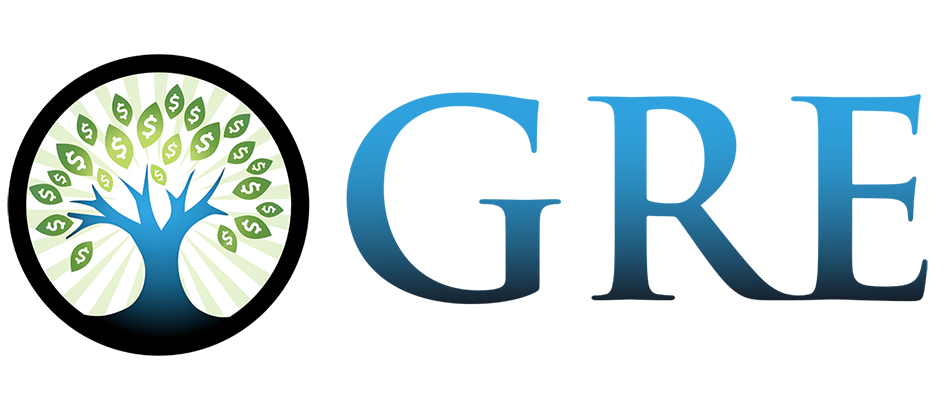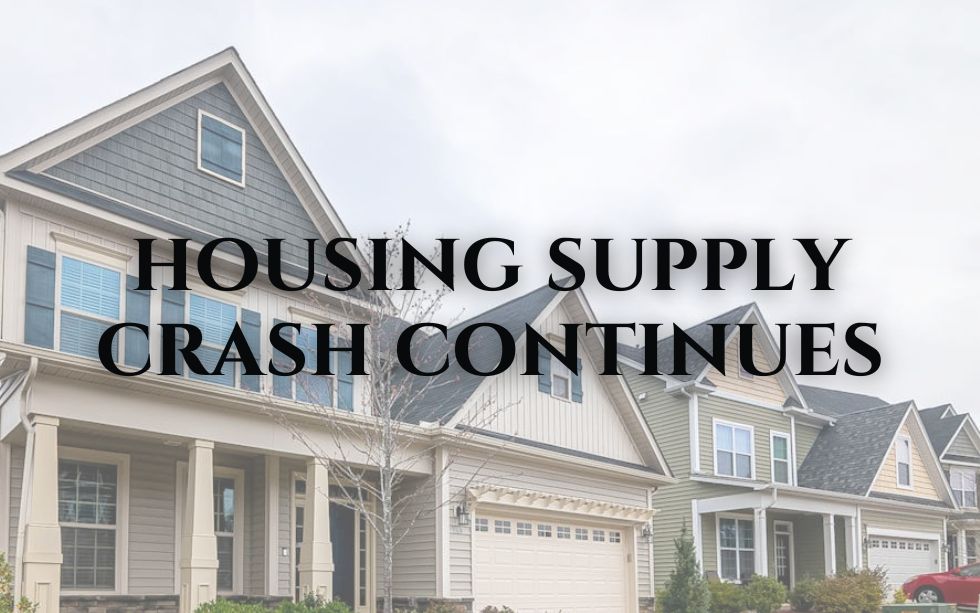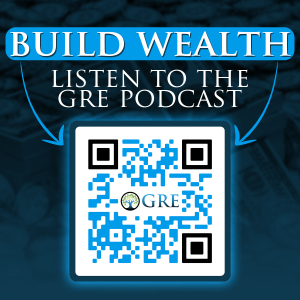Almost everyone has heard of the interest rate lockdown effect (or lock-in effect). Borrowers with mortgage rates, say, below 4%, won’t sell and replace it with a property at today’s 7% rate.
They stay put. As a result, the market has less available inventory.
Other lockdown effects have silently crept in. They’re constricting the market’s supply too.
A second one is what I call the purchase price paid lockdown effect.
You are living in an unusual era.
Rapidly rising home values since 2020 now mean that many homeowners live inside a home that they could not even afford if they tried to re-purchase it at today’s prices and interest rates.
Wild!
What this means is that if they sold their home to take a profit, they would often have to pay more in rent for a comparable home.
They’re locked in to a low mortgage payment and won’t give it up. This also means that they’re motivated not to miss a payment and become delinquent.
There’s a third lockdown phenomenon right now and nobody talks about it.
Rapidly rising home values are creating what I call a capital gains tax lockdown effect.
If you’re single, you generally pay no capital gains tax on the first $250K of profit on the sale of a primary residence. The ceiling is $500K of tax shielding for married couples.
Those exemption thresholds haven’t adjusted for inflation in a long time.
More sellers risk taking an exorbitant capital gains tax hit. The share exposed to paying it was just 1.3% two decades ago, now it’s 7.9%, per CoreLogic.
This growing threat keeps people from putting their homes on the market. The tax hit can be up to about 20%.
Bottom line: Three lockdown effects contribute to the housing shortage. It keeps demand above supply and pushes home prices ever higher.
Don’t Quit Your Daydream!
—Keith



